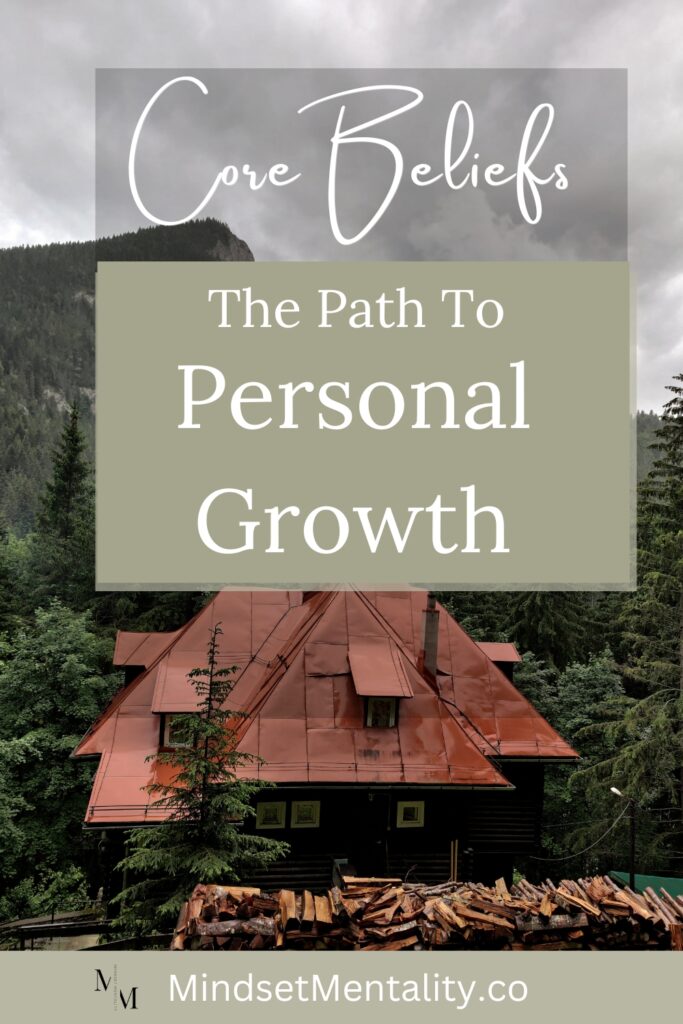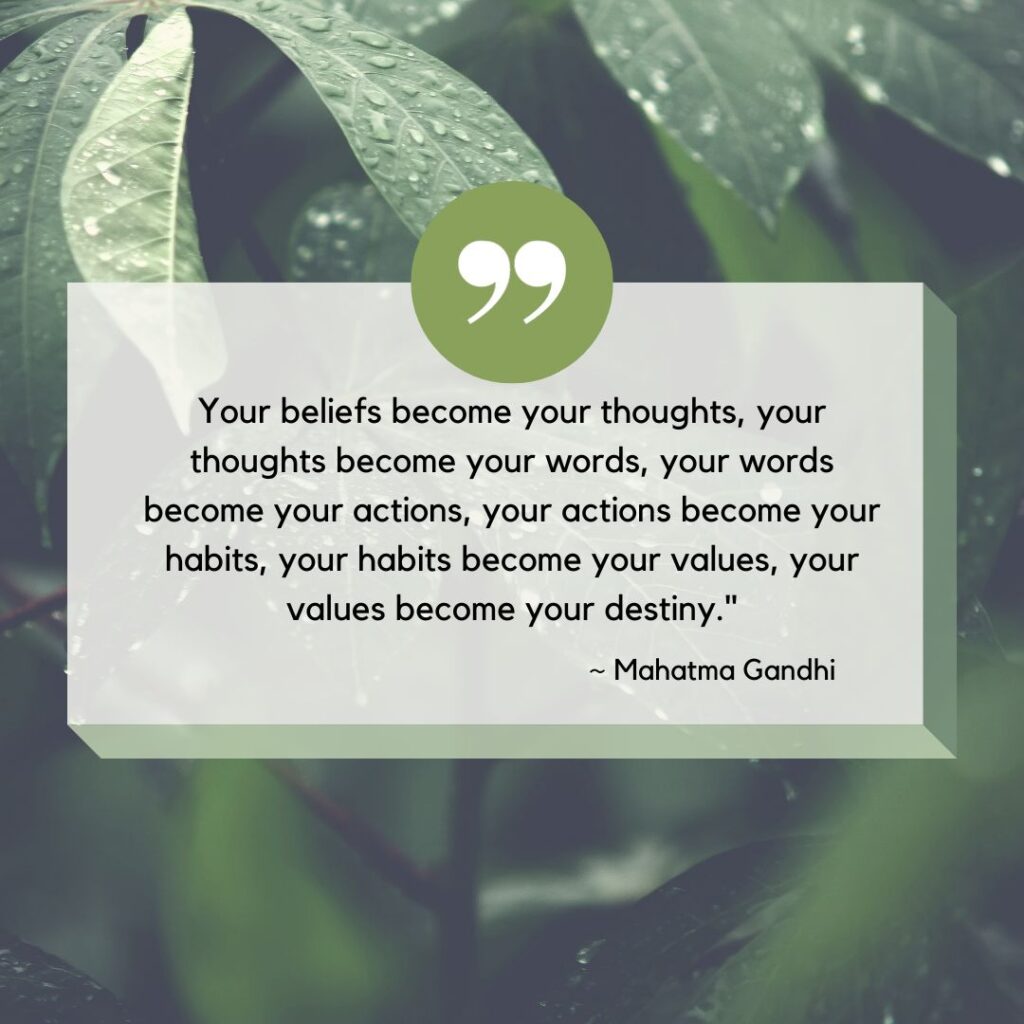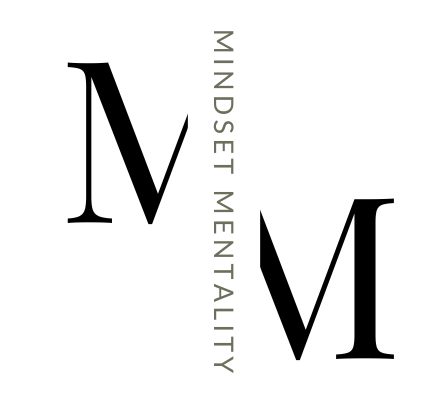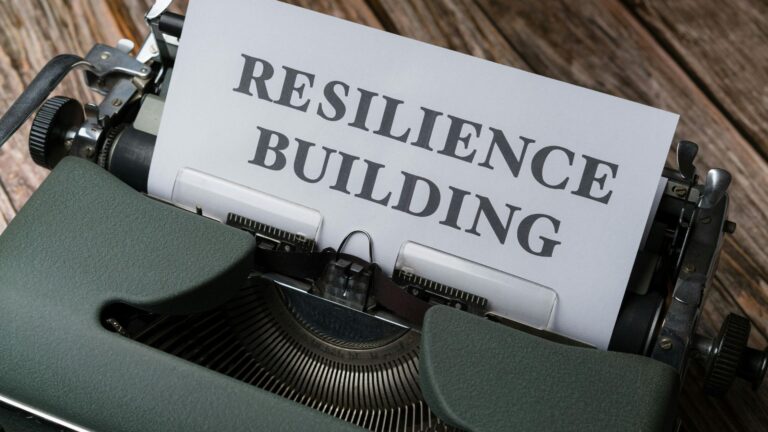Empower Your Mindset: Positive Core Beliefs Unleashed
In our previous blog post, we stepped through the doors of your Mindset Mentality House, envisioning it as a space where resilience, positivity, and growth meet. Now, let’s turn our focus to the very bedrock of this house—your core beliefs. Like the concrete supporting a sturdy structure, your core beliefs form the foundation upon which your life stands. In this post, we’ll delve into the essence of core beliefs, exploring their profound impact on your mindset and unraveling the transformative potential that lies within the very complexity of your beliefs.
Foundation: Core Beliefs
Our beliefs form the core of how we perceive and interact with the world around us. They influence our mindset, molding our outlook on life and vision of ourselves. At the center of the Mindset Mentality House lie our core beliefs, serving as the solid foundation and bedrock of our mental framework. Just as the foundation of a physical house provides stability and structure, our core beliefs offer a firm grounding for constructing our perspective. They shape our approach to challenges, how we attribute causes to events, and the lens through which we view ourselves.
By examining and understanding these central beliefs, we can begin to consciously architect an empowering mindset aligned with our values and aspirations. Core beliefs may be instilled in childhood or absorbed gradually through life experiences. While some serve to uplift us, negative or limiting beliefs can undermine our potential. This discussion will explore core beliefs and their profound role in mindset formation. We’ll identify strategies for cultivating positive beliefs and transforming those that no longer serve our growth and happiness. When we shape our core beliefs with intention, we build a solid foundation for realizing our full potential.

DESCRIBING CORE BELIEFS
Core beliefs are the deeply rooted, underlying assumptions and convictions that you hold about yourself, others, and the world around you. They act as a filter through which you interpret new information and experiences. Core beliefs begin forming in childhood based on messages you receive from caregivers, teachers, peers, and society. As you grow up and accumulate life experiences, these beliefs further solidify and become engrained parts of your identity and worldview.
Core beliefs operate outside of your conscious awareness, almost like an autopilot setting. You are rarely aware of them directly shaping your thoughts, feelings, and behaviors. However, they exert a powerful influence on your mindset and actions. Your core beliefs form the basis for how you see yourself, how you interpret challenges, how you perceive your capabilities, and what you consider possible or impossible. They become your “truths” that you tend to accept without much questioning or examination. However, with self-reflection, you can identify and evaluate your core beliefs to determine if they serve you or if shifting them may be beneficial.
BENEFITS OF POSITIVE CORE BELIEFS
Positive core beliefs provide a solid foundation and empower your growth. When you hold positive beliefs about yourself, you are more likely to approach challenges with resilience and confidence. Positive core beliefs act as motivators, empowering you to pursue opportunities for growth.
Some Key Benefits of Positive Core Beliefs:
- Promote resilience and confidence when facing obstacles. If you believe in your inherent abilities and worth, setbacks are seen as temporary challenges to overcome. You are more likely to bounce back from failures with a “can-do” attitude.
- Foster a growth mindset. With positive core beliefs about your potential, you are more open to seeing challenges as opportunities for learning and development. Setbacks become valuable for growth rather than confirmation of inadequacy.
- Enhance motivation and drive. Believing in your abilities makes you more inclined to pursue opportunities proactively and stretch yourself. Self-doubt gives way to self-assurance.
- Improve relationships and social life. Positive beliefs about yourself and others enable healthier relationships, empathy, and social confidence. You expect fulfillment in relationships.
- Promote overall well-being and life satisfaction. At your core, believing you deserve happiness and success translates to greater fulfillment and a sense of purpose.
So, think of positive core beliefs as providing the supporting pillars for crafting an empowering mindset aligned with your goals and values. They enable you to approach life’s ups and downs with resilience, motivation, and self-assurance.
Downside of Negative Core Beliefs
Negative core beliefs can become major obstacles to achieving goals and personal growth. When someone believes they are unworthy or incapable, it destroys self-confidence and plants seeds of self-doubt. Even small setbacks or challenges can seem like monumental hurdles, confirming those negative core beliefs.
Without empowering core beliefs as a counterbalance, it’s easy to develop a perspective filtered through lenses of limitation that have been self-imposed filters. Opportunities for growth may be missed because they seem unattainable. Constructive criticism that could lead to improvement may be brushed aside or internalized as hurtful because of an underlying belief that “I’m just not good enough.”
This unhealthy cycle reinforces itself over time. Initial negative core beliefs lead to actions aligned with a limiting mindset. Those actions, in turn, yield poor results, which reinforce the negative core beliefs. Each setback and failure seems to confirm what someone’s negative core beliefs have been saying all along: “You’re incapable of succeeding.” Breaking out of this cycle is extremely difficult without addressing the foundation of negative core beliefs that started the downward spiral.

CORE BELIEFS SHAPE INTERPRETATION OF EVENTS
Your core beliefs act as a lens that shapes how you interpret experiences and make meaning from life events. The same external event can be perceived differently depending on an individual’s core beliefs. For example, consider how two people might react to being passed over for a promotion at work:
Person A has a positive core belief in their abilities and worth:
- They are disappointed but don’t consider it a reflection of their self-worth.
- They reflect on the experience as an opportunity to identify areas for growth and development.
- They maintain confidence in their abilities and values.
- They perceive setbacks as temporary obstacles to overcome through effort.
Person B has a negative core belief about their abilities and worth:
- They see not getting the promotion as confirmation they are inadequate.
- The setback damages their self-confidence and reinforces self-limiting beliefs.
- They perceive the experience as proof they do not deserve career advancement.
- They are inclined to give up in the face of challenges due to diminished self-belief.
The same external event takes on very different meanings based on core beliefs acting as the interpretive lens. Our core beliefs have a profound influence on how we assign meaning to difficult experiences and challenges. Beliefs rooted in self-worth and capability encourage resilience, while negative beliefs about one’s inadequacy can become self-fulfilling predictions or expectations.
IDENTIFY YOUR CORE BELIEFS
The first step in understanding and shaping your core beliefs is identifying what they currently are. This involves thoughtful self-reflection to uncover the deep-seated convictions that influence your thoughts, feelings, and behaviors. Here are some exercises to help in this discovery process:
Reflect on Your Automatic Thoughts
Pay close attention to the habitual thoughts that pop into your head in response to situations. Ask yourself:
- What judgments or assumptions am I making about myself/others/the world?
- Am I interpreting events in an excessively positive or negative way?
- What underlying beliefs might these automatic thoughts reveal?
Examine Your Emotional Responses
Consider the emotions that arise frequently for you or think about a situation where you frequently experience anxiety or fear. Ask yourself:
- What core beliefs might be driving these emotional responses? For example, if you often feel guilty, you may have core beliefs about being flawed or unworthy.
- What core beliefs might be driving these emotional responses? For example, if you consistently worry about the future, you may have core beliefs related to a fear of failure or a belief that you lack the ability to cope with uncertainty.
Recognize Behavior Patterns
Reflect on your typical actions and reactions. Ask yourself:
- What core beliefs could explain why I act this way? For example, avoiding risks could stem from fears of failure from underlying doubts about your capabilities.
Journal Reflection
Schedule regular journaling sessions to record your thoughts, emotions, and behaviors, as well as the connections you observe between them. Patterns will emerge that provide insight into your core beliefs.
By engaging in honest self-assessment and reflection, you can bring your core beliefs into focus. This awareness empowers you to evaluate whether these beliefs are limiting or empowering and take steps to shape them.

CHALLENGING LIMITING CORE BELIEFS
Limiting core beliefs often do not serve us and can hold us back from reaching our full potential. Challenging and reframing these beliefs is an important step in shaping a growth-oriented mindset. Here are some tips for challenging limiting core beliefs:
Examine Your Beliefs
Take time to reflect on your core beliefs and identify any that may be limiting your growth or negatively impacting your mindset. These often take the form of fixed self-perceptions, like “I’m not smart enough” or “I’m unworthy of love.” Bring awareness to when these beliefs arise and how they make you feel.
Question Your Beliefs
Ask yourself if the belief is really true and based on objective fact. Often, our core beliefs are irrational or based on false assumptions. Challenge yourself to view the belief from different angles. Does holding this belief serve you? How might it look if you changed your perspective?
Seek Out Contradictory Evidence
Look for experiences and information that contradict your limiting beliefs. This helps create cognitive dissonance and shake up rooted thought patterns. Seeing that the belief may not hold truth provides space for a shift in perspective.
Cultivate Self-Compassion
Befriend yourself in the process of challenging beliefs. Limiting core beliefs often stems from difficult experiences that shape our self-perception. Respond with understanding and care. Let go of self-judgment. Self-compassion facilitates change.
Create New Affirming Beliefs
Once you’ve loosened the grip of a limiting belief, replace it with a new empowering belief. Repeatedly reinforce this new belief through affirmations, visualization, and intentionally seeking disconfirming evidence. In time, your new belief will take hold.
With consistent practice examining and reframing core beliefs, you can reshape your inner foundation into one that uplifts and expands, rather than limits. This fortifies your mindset to weather storms and build towards your highest potential.
Strengthening Positive Core Beliefs
Our core beliefs inform how we interpret and respond to the events in our lives. By intentionally strengthening positive core beliefs about ourselves, we can foster personal growth and cultivate resilience. Here are some techniques for reinforcing empowering beliefs:
Affirmations
Daily affirmations help cement positive core beliefs about our inherent strengths and self-worth. By repeating uplifting mantras such as “I am worthy” or “I believe in myself,” we gradually internalize these messages, strengthening our positive core beliefs over time. Try writing down 2-3 affirmations every morning. Place them somewhere visible, like your bathroom mirror, computer monitor, or journal, to reinforce them throughout the day.
Visualization
Envisioning our ideal futures and best selves activates the creative powers of our subconscious mind. Spend a few quiet minutes daily picturing yourself as the person you aspire to become. Imagine scenarios where you tap into your highest potential and exhibit positive traits aligned with your growth. This mental rehearsal supports rewiring thought patterns and fortifying positive core beliefs.
Mindfulness
Mindful meditation helps us observe our thoughts with non-judgmental awareness. This practice reveals how core beliefs color our interpretations and self-talk. Noticing when limiting beliefs arise allows one to consciously replace them with empowering alternatives. Daily mindfulness meditation strengthens our ability to reshape unhelpful core beliefs and beliefs that no longer serve our growth.
Explore Brene Brown’s Values List for Deeper Insight
As we embark on this journey of shaping positive core beliefs, it’s beneficial to draw inspiration from the work of researcher Brene Brown. Brown’s top values list, available on her official website, provides a comprehensive resource for aligning your positive core beliefs with values that resonate with authenticity and personal growth. Visit [Brene Brown’s Values List](insert link) to explore this insightful resource and deepen your understanding. By combining individual strategies with these foundational values, you strengthen your mindset for personal growth.
The Path Forward
As we have explored throughout this post, your core beliefs form the foundation of your Mindset Mentality House. They influence how you perceive yourself, others, and the world around you. Ultimately, they shape your mindset and your approach to life’s obstacles and opportunities.
Recognizing and understanding your existing core beliefs is the critical first step. Once you identify beliefs that may be limiting or disempowering, you can begin the process of challenging and reframing them. With effort and self-reflection, you can reshape your core beliefs to be more positive, growth-oriented, and empowering.
Strengthening your positive core beliefs and managing negative or limiting ones takes work. Be patient and compassionate with yourself through this process. Remember that your core beliefs developed over time, and changing them also requires time. With consistent effort, you can lay the groundwork for personal growth and equip yourself to navigate life’s challenges with resilience.
The path forward begins with the conscious choice to shape your core beliefs and build a solid foundation for your mindset. This foundation will provide stability and act as a springboard as you continue your journey of self-improvement and fulfillment. The effort is well worth it. By actively crafting your core beliefs, you take control of your mindset and unlock your potential. You set the stage for personal growth and resilience that will serve you at every step along the way.






